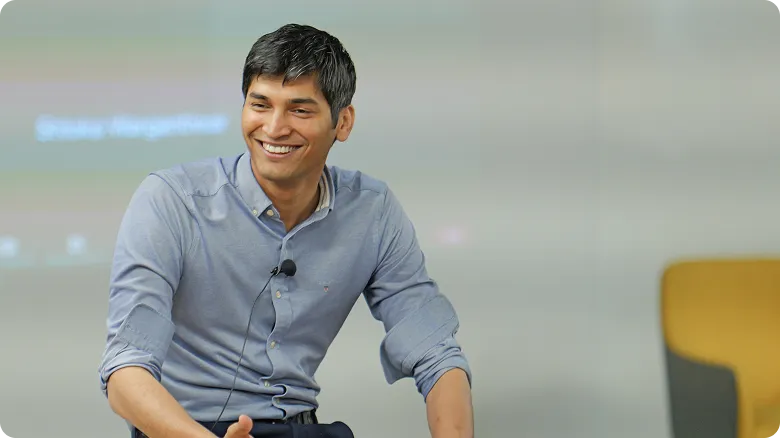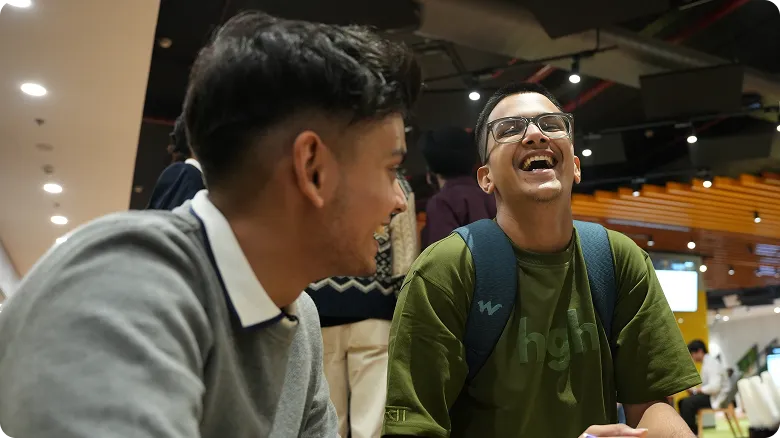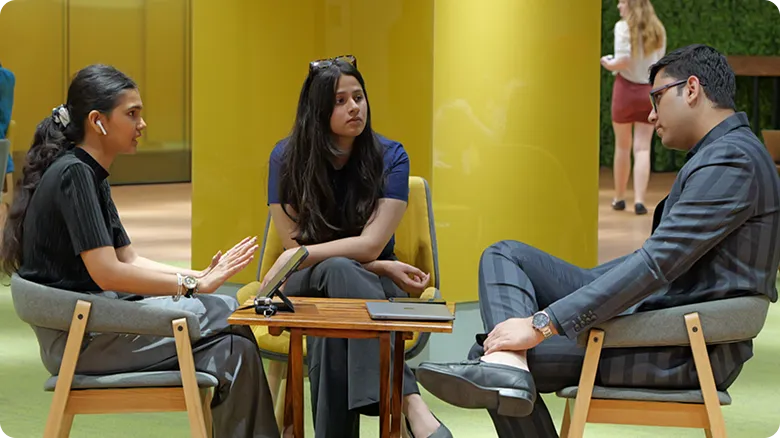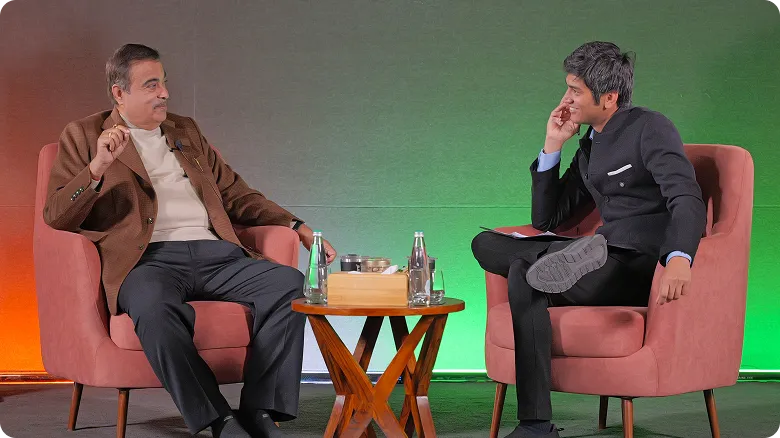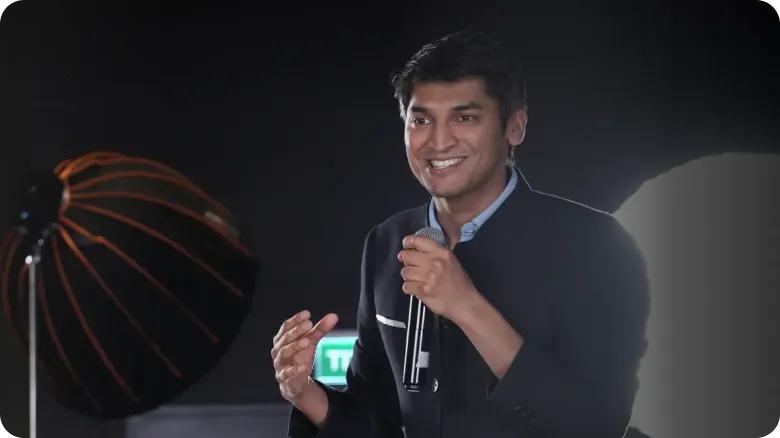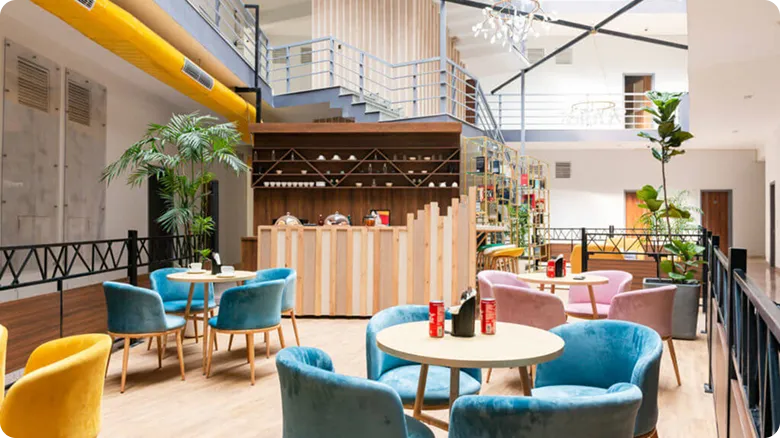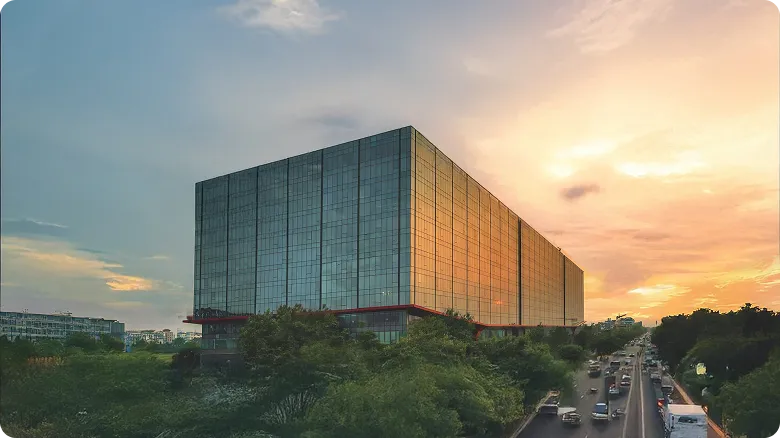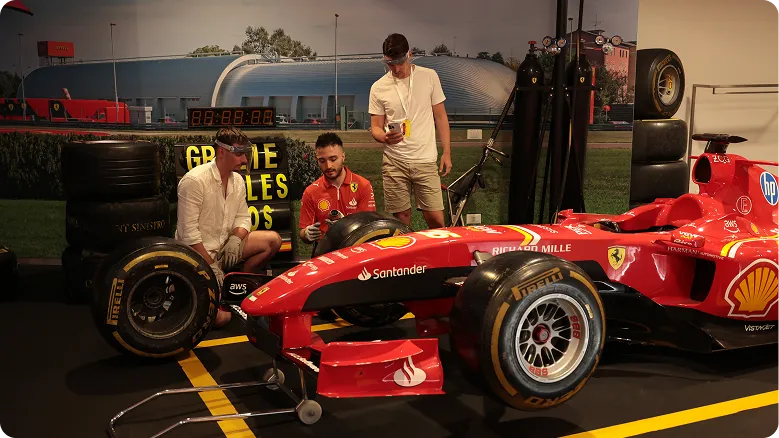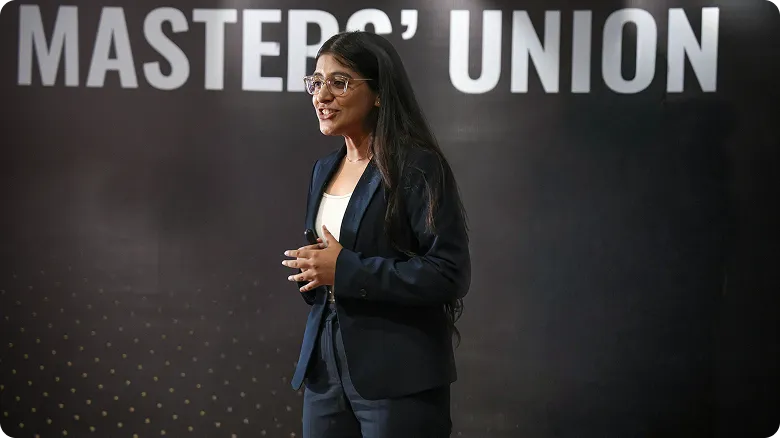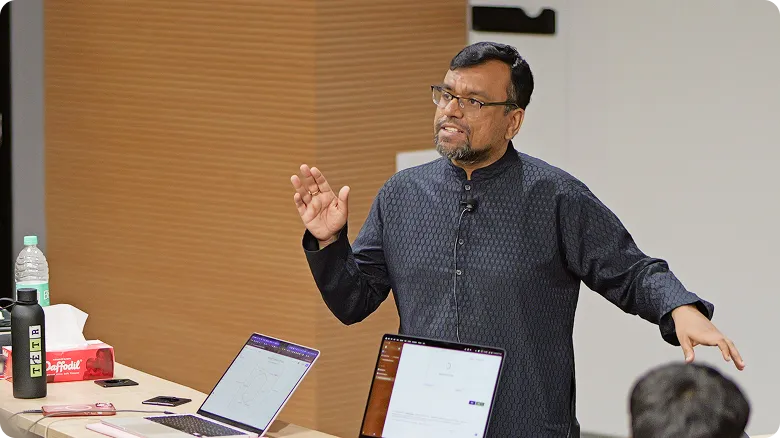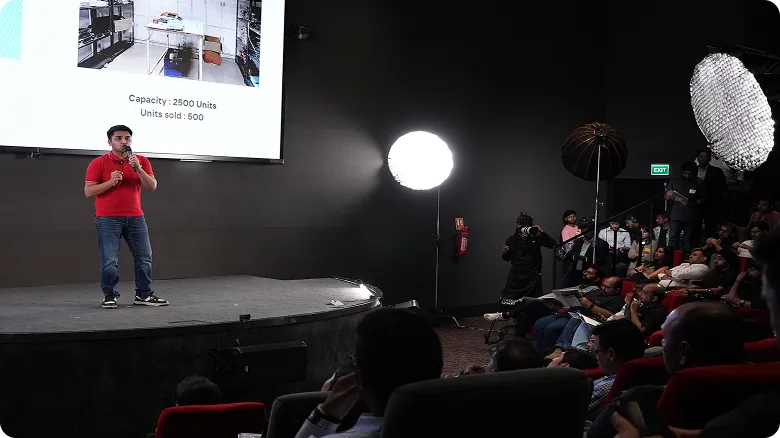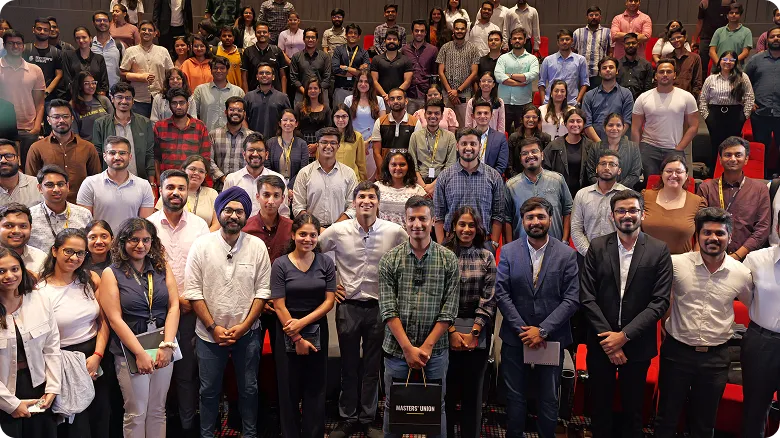Undergraduate
Undergraduate (Global)
Postgraduate
PGP in Technology and Business Management
PGP in Technology & Business Management
(Young Leaders Cohort)
PGP in Human Resources & Organisation Strategy
PGP in Sports Management & Gaming
PGP in Applied AI & Agentic Systems
PGP in UI/UX & Product Design
PGP in Sustainability & Business Management
PGP Bharat
Executive
Family Business
Careers
Innovations
Faculty
MU Ventures
Enterprise Education
Student Life
Jobs
Become a Master
events
For Companies
Blog
Business
iD Fresh’s CEO on Clean Food, Zero-Waste FMCG, and Scaling with Purpose
August 1, 2025
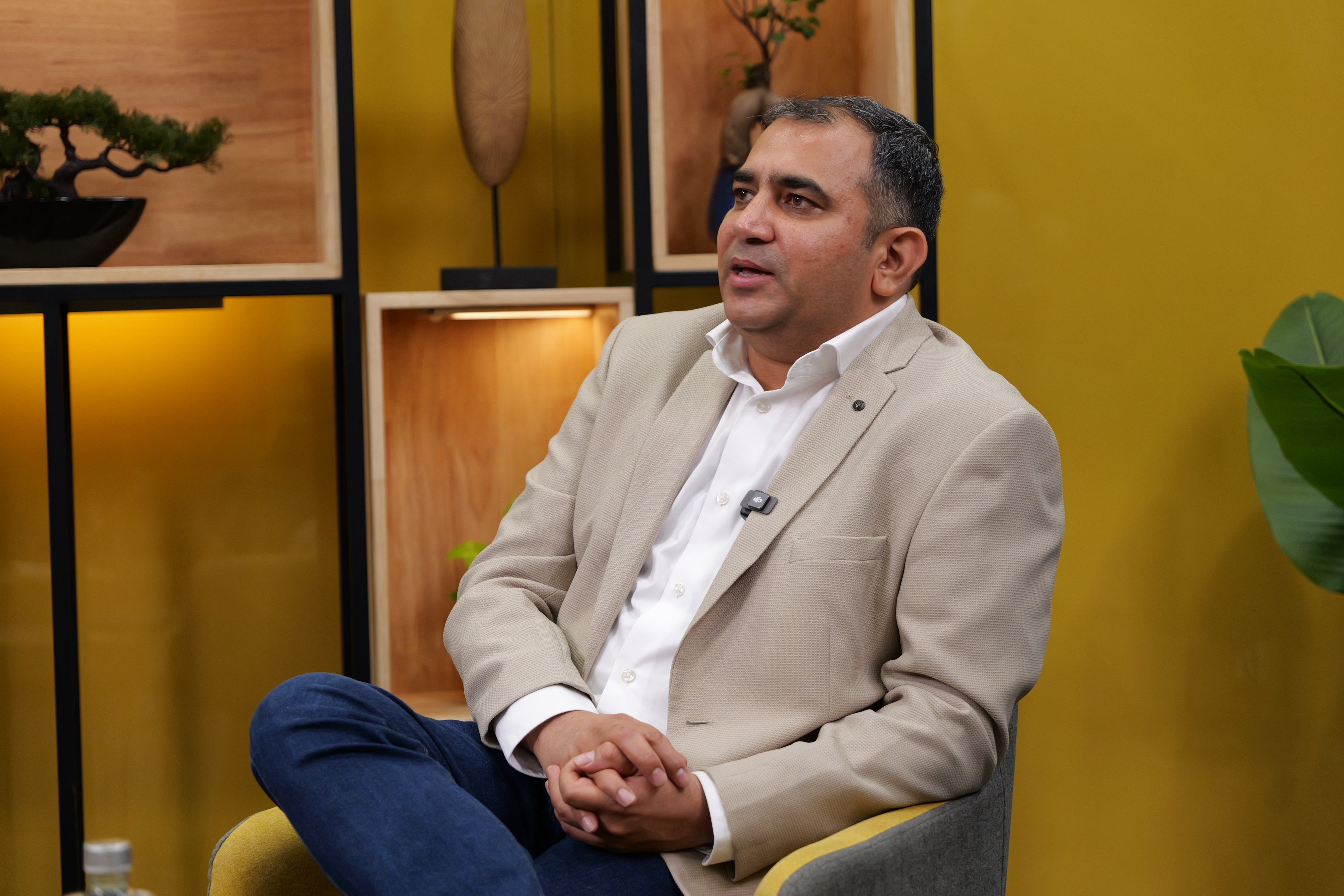
When your dosa batter brand becomes a Harvard Business School case study, you’ve clearly done something right. But for Shobhit Malhotra, CEO of iD Fresh Food, global success is about more than scale; it’s about staying honest, staying agile, and staying rooted.
At a recent Fireside Chat, hosted by Masters’ Union, at their Cyberpark Campus, Shobhit Malhotra joined students for a candid fireside chat on what it really takes to scale a homegrown Indian FMCG brand without losing your values.
With 25+ years across Colgate, Unilever, and PepsiCo, he now leads iD’s international strategy. The session covered everything from zero-waste supply chains to building trust with consumers and what MBA students should really know about the food business.
iD Fresh Global Strategy: CEO Shobhit Malhotra on Scaling Without Capital
During the Fireside Chat, iD Fresh CEO Shobhit Malhotra credited the brand’s international growth to one thing: clarity of purpose.
PC Musthafa, the founder of iD Fresh, didn’t chase pitch decks or venture funding. For nearly a decade, the company operated without external capital. The mission was clear: solve a real problem, help Indian households save time by offering clean, ready-to-cook staples with no preservatives or shortcuts.
For Shobhit, who spent more than two decades in traditional multinationals, this simplicity was the draw. At iD, he found a rare mix - product honesty, operational rigour, and vision-led execution.
iD Fresh Runs Like a Startup, Not a Corporation
iD Fresh may be scaling rapidly, but its culture remains distinctly startup-like. While addressing our students, CEO Shobhit Malhotra drew a sharp contrast between iD’s working style and the slower pace of legacy FMCG companies.
In large corporations, innovation often gets slowed by layers of approvals and rigid systems. iD Fresh, by contrast, prioritises speed, flexibility, and direct feedback from consumers - even if that means rethinking what’s already working.
This agility, Shobhit pointed out, is critical to staying relevant. Brands that couldn’t evolve - like Kodak and Nokia - serve as reminders of what happens when responsiveness is lost.
Why iD Fresh Still Works Like a Startup
-
Big scale doesn’t mean slow decisions.
-
Consumer feedback should drive real-time action.
-
Agility is a long-term competitive edge — not a phase.
iD Fresh Supply Chain Strategy: Zero-Waste, Daily Rotation, and Built-in Trust
When the host pointed out that FMCG brands typically accept 20–25% food wastage as the industry norm, he followed it with a striking contrast:
iD Fresh clocks in at just 2% - and still isn’t satisfied.
In response, CEO Shobhit Malhotra explained to our students, many of whom are aspiring business leaders, how the team obsessively monitors inventory, rotates products daily, and redirects stock before it expires. In some international markets, wastage is already under 1%.
But this goes beyond logistics; it’s rooted in principle.
“It’s not only about sustainability - it’s about respecting food,” he shared.
That same philosophy shaped iD’s Trust Campaign, where unmanned fridges were placed in supermarkets with no cashier. Consumers could take what they wanted and choose whether to pay. Most paid. Because of trust, Shobhit believes trust cannot be claimed - only earned.
Inside iD Fresh’s High-Efficiency, Low-Waste Model
-
iD Fresh operates at <2% food wastage, compared to the FMCG average of 20–25%.
-
CEO Shobhit Malhotra told students how daily product rotation helps cut losses.
-
Trust is a core value and not a marketing message.
How iD Fresh Balances Speed, Scale, and Consumer Focus
As iD Fresh continues its international expansion, its internal culture remains fast, hands-on, and deeply responsive.
Speaking to the cohort at Masters’ Union, CEO Shobhit Malhotra drew a clear line between iD and traditional FMCG giants, where innovation is often buried under multiple layers of sign-offs.
At iD, decisions move quickly. Teams act on live consumer data, tweak existing products, and prioritise real-time feedback over hierarchy. That’s how they stay relevant - not by being loud, but by staying close to the ground.
This agility, Shobhit pointed out, is critical to staying relevant. Brands that couldn’t evolve - like Kodak and Nokia serve as reminders of what happens when responsiveness is lost.
Insights on Speed, Scale, and Staying Relevant
-
Big scale doesn’t mean slow decisions.
-
Consumer feedback should drive real-time action.
-
Agility is a long-term competitive edge and not a phase.
iD Fresh Global Expansion Strategy: Taking Indian Products Worldwide
With past stints across Russia, South Africa, Turkey, and the Middle East, iD Fresh CEO Shobhit Malhotra knows what it takes to take Indian products global.
But his biggest lesson? Don’t over-index on geography.
“It’s not India 1 or 2 or 3. Consumer behaviour is shaped more by culture than income or tier,” he said.
He shared that iD’s dosa batter is now being bought by local customers in Saudi Arabia, not only the Indian diaspora. For him, this shows that Indian food, when done well, can have universal appeal.
How iD Fresh Reaches New Markets Worldwide
-
Culture matters more than geography in consumer behaviour.
-
Quality-driven Indian products can win non-diaspora markets.
-
Global relevance starts with local insight — not just localisation.
How Industry Leaders Like Shobhit Malhotra Shape Student Learning
Founders like Shobhit Malhotra don’t offer textbook insights alone. They bring clarity built through decades of hands-on leadership, from running multinationals to scaling homegrown brands like iD Fresh across global markets.
At Masters’ Union, we design these conversations to go beyond inspiration. They are meant to equip. When students hear directly how operational agility can outperform hierarchy, or how culture often drives consumer adoption more than geography, they’re not simply listening - they’re learning to think in new ways.
These sessions connect classroom theory with practical decision-making - a bridge no case study on its own can provide.
Insights from Masters’ Union Fireside Chat with iD Fresh CEO
-
Speed and responsiveness often win over scale and structure.
-
Trust is built through consistency, not messaging.
-
Culture beats geography - Whether in India or Saudi Arabia, consumer behaviour is driven by context, not just location.
Final Thoughts
In a market flooded with buzzwords and short-term wins, iD Fresh stands out for something rarer: values-first, intentional scale.
As CEO Shobhit Malhotra shared with students at Masters’ Union, the most important question is not how fast you scale - but what you are building toward.
Perhaps the future of FMCG will not be defined by speed or spectacle, but by something simpler - a commitment to freshness, trust, and long-term relevance.




